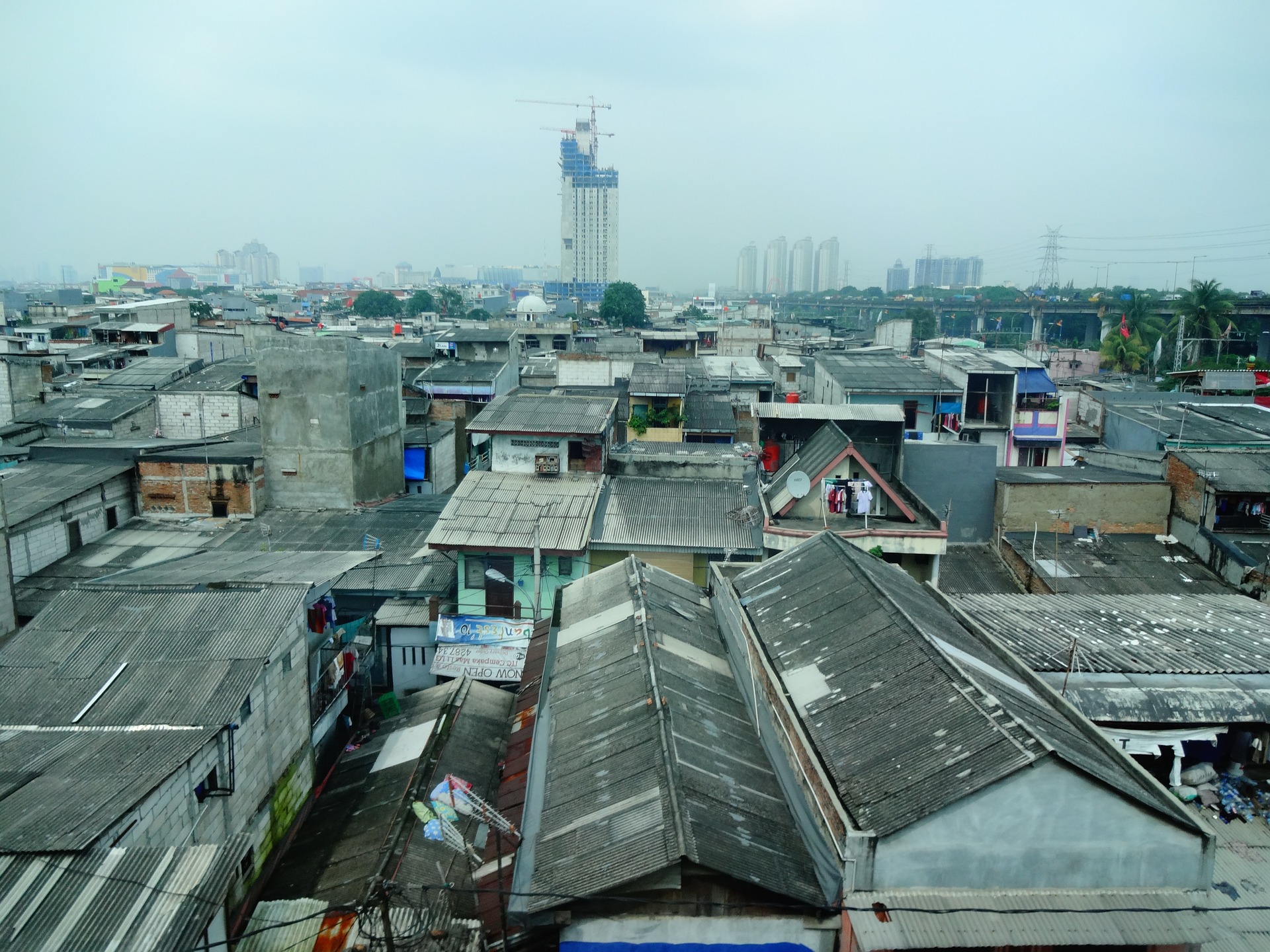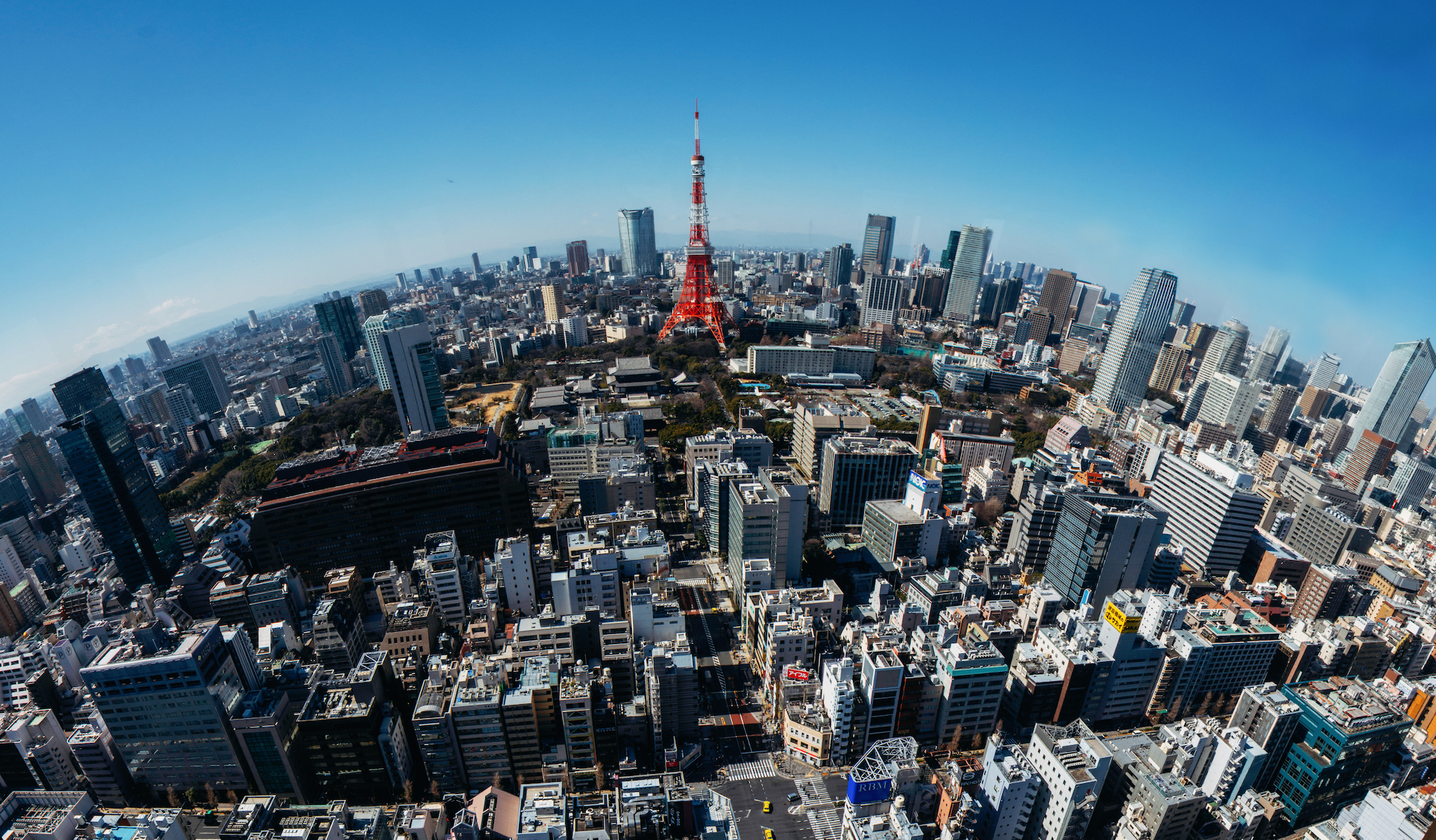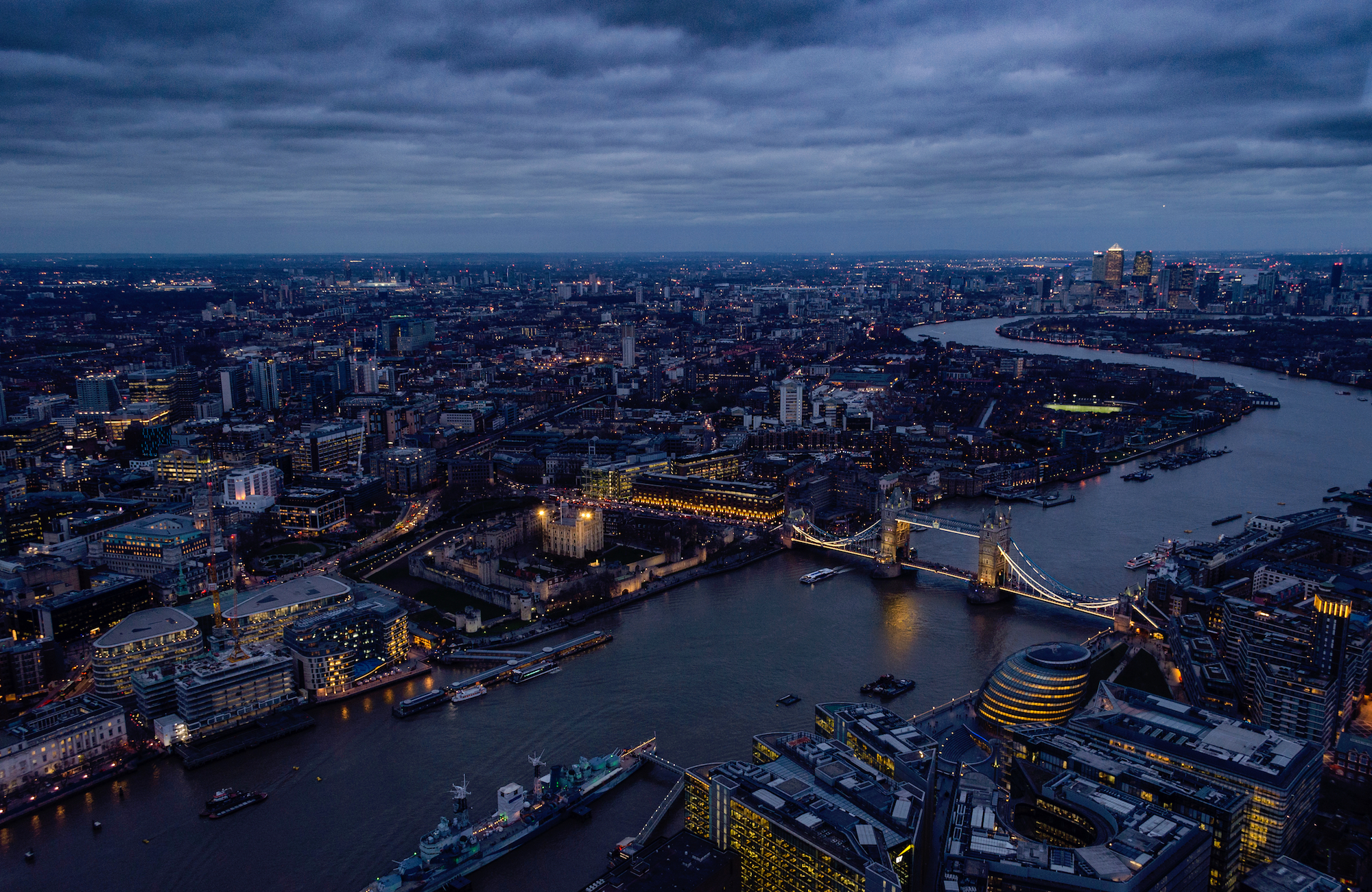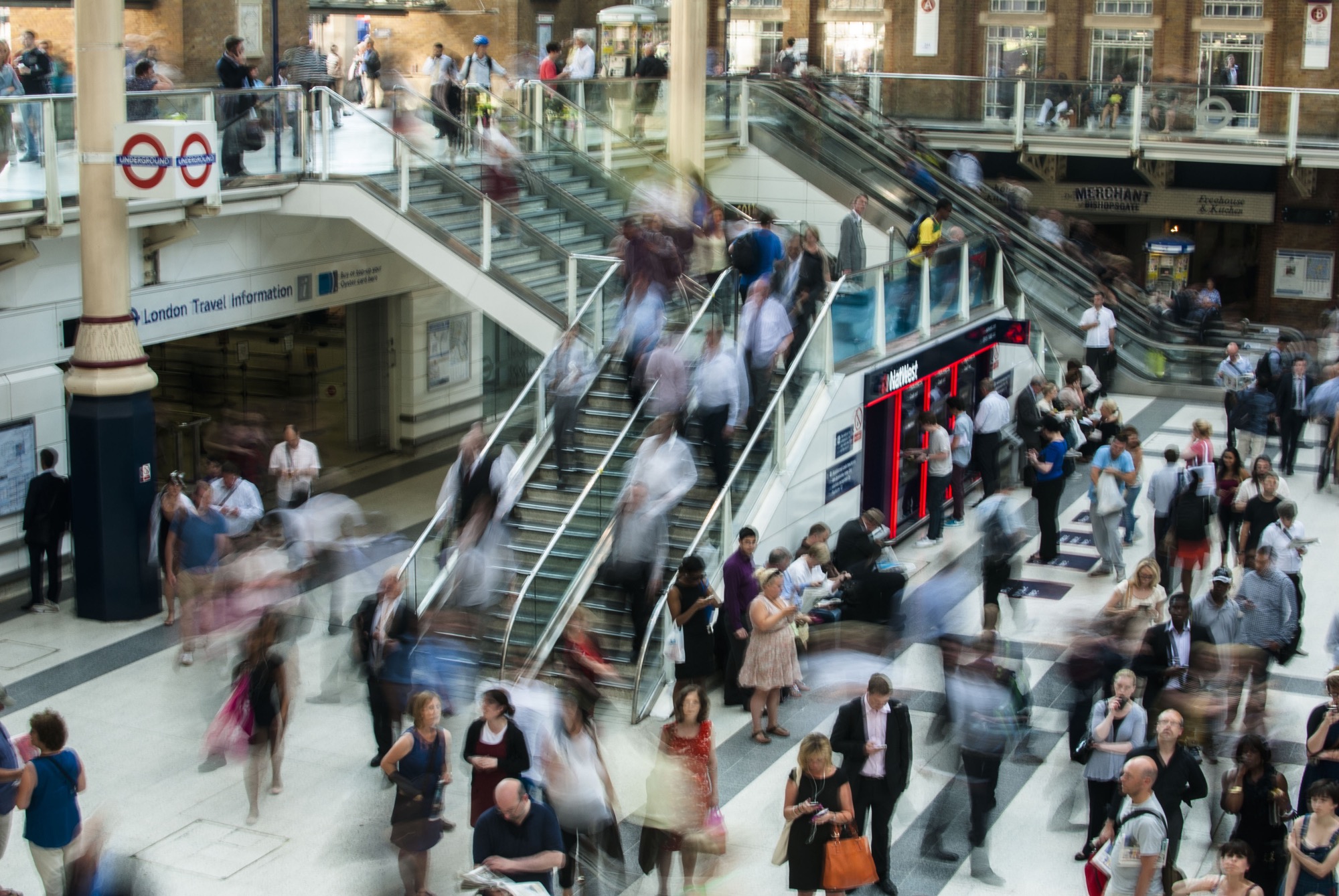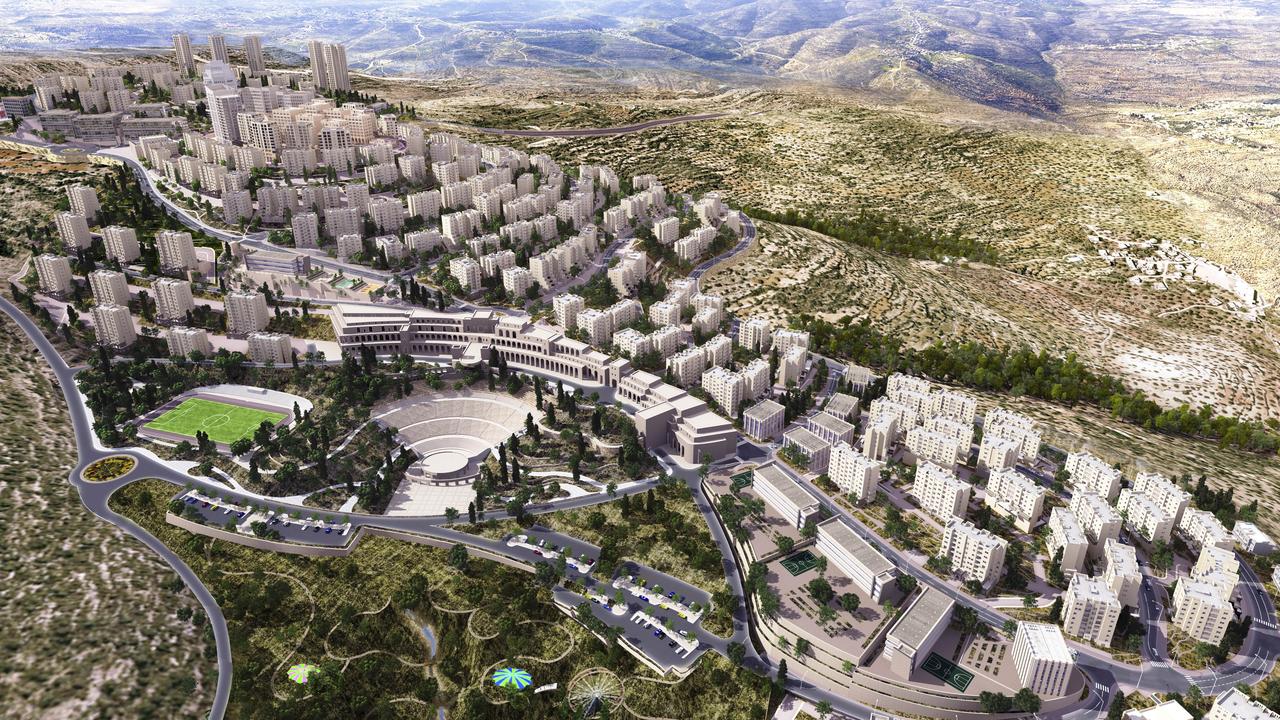Mar 06, 2015
“Look around! Can you see all the ribbons on the trees and houses?” said Pele, a resident of Bukit Duri; a slum located along the Ciliwung River in a strategic area of Jakarta. I couldn’t help but notice that they were really high, probably four to five meters above the ground. “That’s how high flood…
Mar 06, 2015
“Look around! Can you see all the ribbons on the trees and houses?” said Pele, a resident of Bukit Duri; a slum located along the Ciliwung River in a strategic area of Jakarta. I couldn’t help but notice that they were really high, probably four to five meters above the ground. “That’s how high flood…
Feb 27, 2015
“[The] biggest risk facing cities? Unlivability. Cities must provide human-scale, green environments” – Ian Johnson, China Correspondent, The New York Times – @iandenisjohson On February 25, we hosted our second Tweet chat in the run-up to our New Cities Summit in Jakarta. The topic this month was Building Resilient Cities. Building the Resilient City: Tweet…
Feb 18, 2015
When you look at the work of the young and dynamic social entrepreneur Sascha Haselmayer, founder of Citymart, you can observe many different things. Most obviously, you will see a brilliant and rapidly growing open methodology (or approach if you prefer) enabling sharing and efficiency in urban procurement in more than 50 global cities. Yet…
Feb 18, 2015
“In order for the Japanese economy to remain competitive, there is no choice but to concentrate our resources in Tokyo.” I used to be criticized every time I advocated this. However, the voices against this idea have quieted somewhat recently. In post-war Japan, the idea of “unipolar concentration” (ikkyoku shuchu) in Tokyo was often considered…
Feb 17, 2015
What are the biggest financial priorities for cities in our rapidly urbanizing world? Who are the key players to invest in urban infrastructure? What are the most effective, innovative financing mechanisms that cities can adopt? These are urgent questions that global cities are asking as they face a huge infrastructure funding gap. To find solutions…
Feb 09, 2015
Urban islands of prosperity: Global cities are growing in power and influence. But can they survive if they break the bonds with their host countries? Sometime in the middle of 2009, the number of people living in cities exceeded the world’s rural population for the first time in history. By 2050, some 70 per cent…
Jan 29, 2015
This is the Urban Moment because for the 1st time, most humans live in cities – the world’s most creative places Simon Kuper, columnist, the Financial Times – @KuperSimon On Wednesday, 28 January, we launched our monthly 2015 Tweet chat series, tied to our New Cities Summit in Jakarta (June 9 – 11). A dynamic…
Jan 25, 2015
When I think of the Paris of tomorrow, I think of a green city, a connected city, an ingenious city and a free city. This is the city we are building with Réinventer Paris, the biggest call for urban projects that has ever come about on a city level. The rules of the game are…
Jan 07, 2015
In the last few years technology has begun to impact upon how we travel, but it has perhaps had even more impact on how we treat time and space. The introduction of personal ICTs has allowed for the making of just-in-time plans. Flexibility is the key indicator for plans which can be changed at a…
Dec 28, 2014
Songdo International Business District is conceptualized as the ultimate smart and sustainable city and a testing ground for leading-edge technological infrastructure by Cisco Systems; all dimensions of life are integrated: real estate, utilities, transportation, education, health and government. Built on tidal flats, 64 km from Seoul within the Incheon Free Economic Zone (IFEZ), South Korea’s…
Dec 21, 2014
Rawabi, meaning ‘hills’, is located centrally within the West Bank and is Palestine’s first planned city. It aims to improve living standards, boost employment and act as a major catalyst of economic growth. It accommodates a variety of lifestyles and is designed for a multi-religious population. Geo-political controversy has risen regarding the development, as Palestinians…
